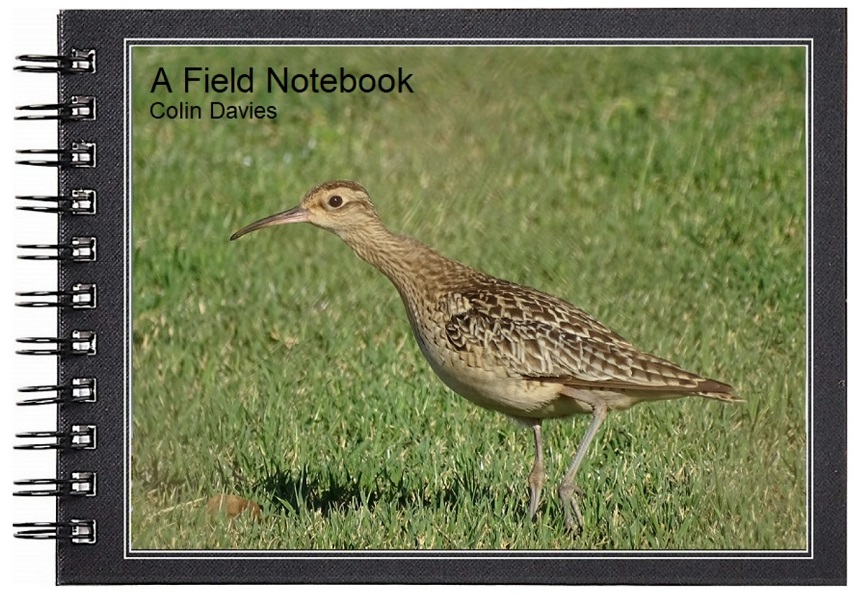Thousands of knot.
Knot showing exactly why they are officially called red knot these days.
Just in case anybody thinks these flight shots were a result of me getting too
close, here is the real culprit on the left hand side of the photo, a dog off
the lead charging through the waders with the owner completely oblivious to
the damage it was doing.
|
|
| Video: Knot retreating from the tide. |
The scientific name of knot is Calidris canutus, named after King Canute who ruled England from 1016 to 1035, and who legend has it placed his throne on the edge of the sea and commanded the tide to stop rising, in order to prove to his flattering nobles that he was not all powerful. Just like the king, knot also cannot stop the tide advancing as this video shows. Notice how quickly the beach gets covered.
Around the periphery of the flock there were a nice variety of other waders
including grey plover and bar-tailed godwits. The great thing about this time of year is that many of the waders are in summer plumage.
I don't recall ever seeing so many sanderling, there must have been 500 in
this flock alone, plus many hundreds more along the shoreline.
This turnstone was an unexpected surprise.
There were several hundred dunlin at least and a few hundred ringed plover.
There are still probably around 5000 terns on the beach and the elegant tern
may still be around, it's just difficult to pick out from so many birds spread out over such a large area.























No comments:
Post a Comment